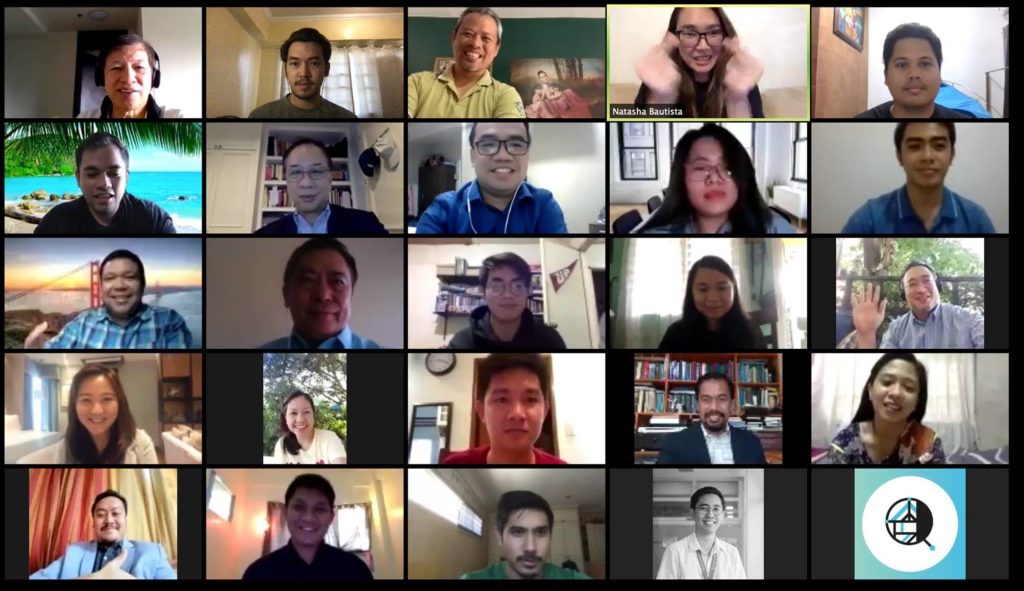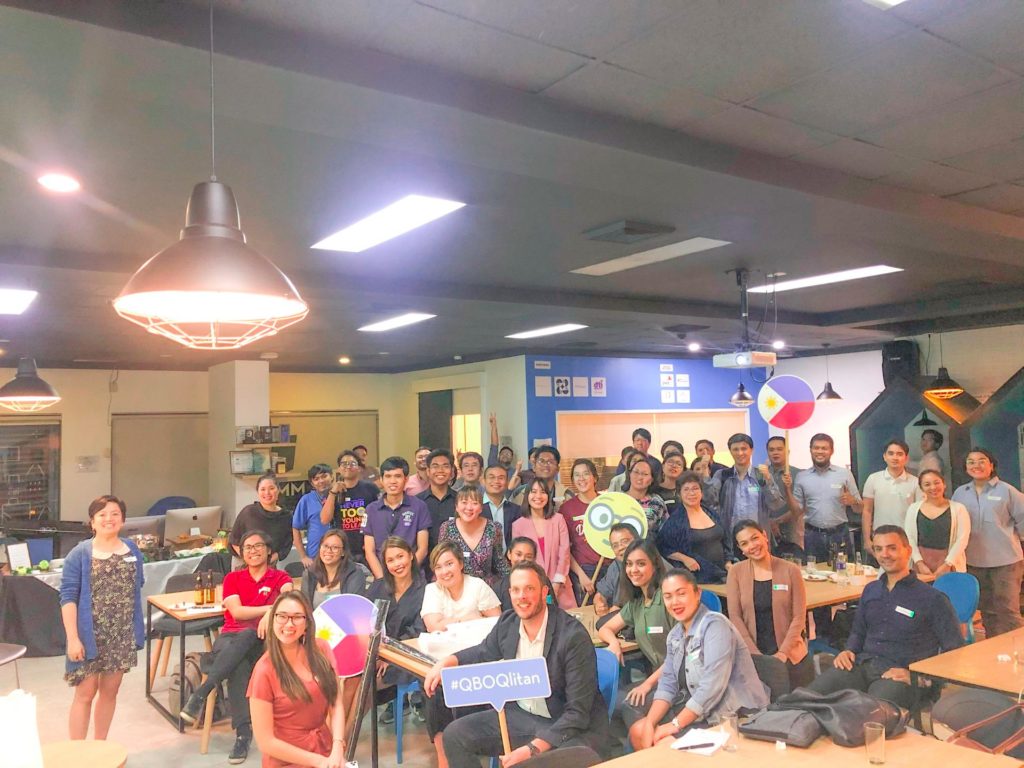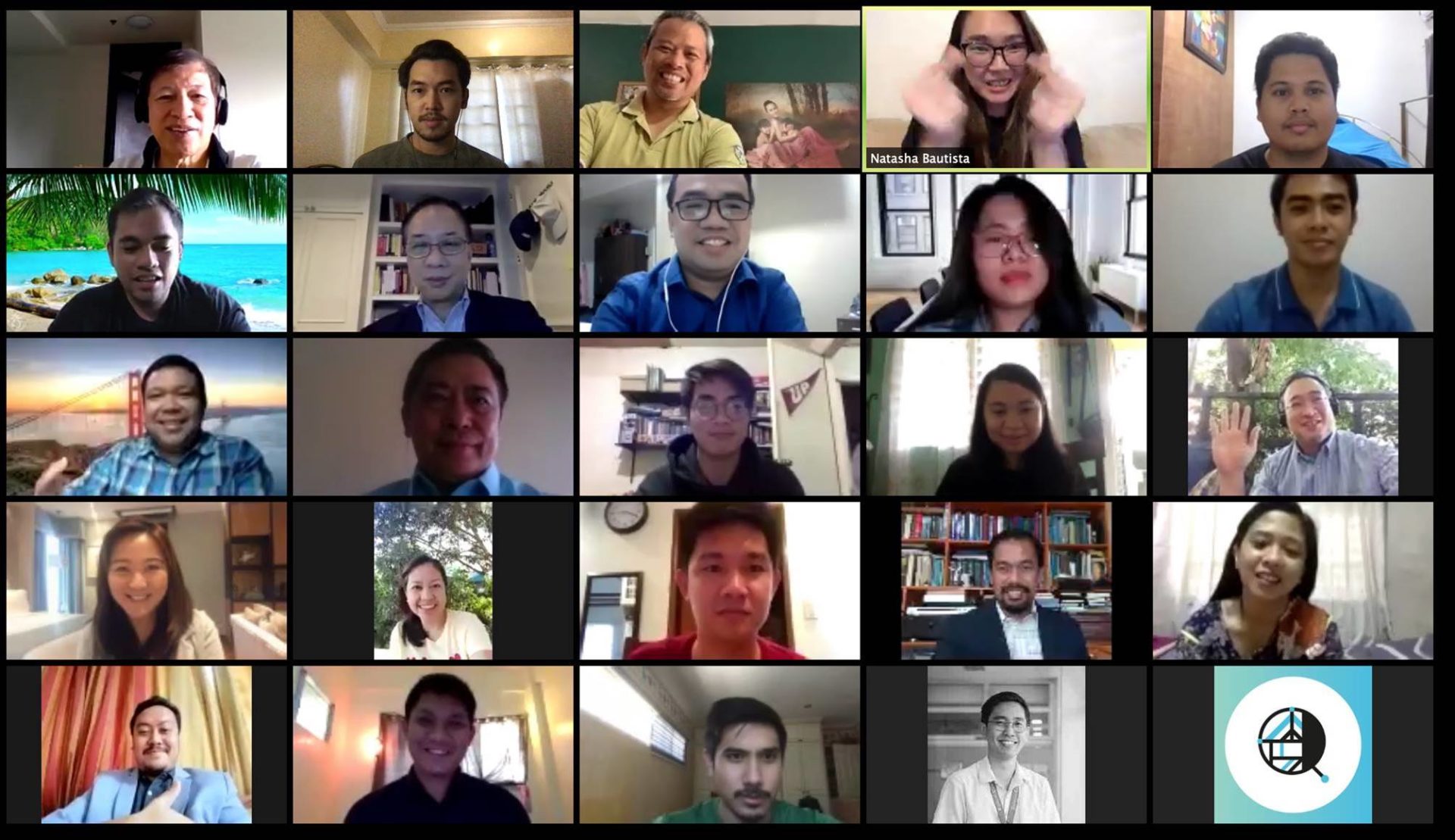
Over 100 startup and technology leaders from 20 cities across the Philippines, other parts of Southeast Asia, and the United States gathered together in a five-day virtual training conference organized by QBO Innovation Hub together with the Department of Science and Technology (DOST). The conference aims to elevate the capacities of Technology Business Incubators (TBIs) in the country.
TBIs are facilities that house startups and equip their business development. They ensure the sustainability of the startup’s operation, the advancement of entrepreneurs, and partnership of the startups with public sectors.
“During this difficult time, the need to come together and work on solutions is placed at the forefront of innovation. Now is the best time for us incubator managers and technology leaders to help give birth to new startups and develop existing ones,” shared QBO Operations Head Natasha Bautista.

DOST, for its part, is keen on paving the road through tech-enabled assembly as it aligns with the agency’s #RoadTo100Startups initiative to support the training and development of startup industry leaders all over the country and enable a rise in the number of Filipino startups.
DOST Executive Director Dr. Enrico C. Paringit remarked, “We at the DOST, firmly believe in the startups’ vital role in our nation’s future. With the right support and resources, their capacities are limitless. We aim to empower them and elevate their operations so they can remain at the forefront of innovation. That’s why conferences like these are so important.”
Funding support for startups
Insights from the conference focused on the creation of incubator programs, use of creative marketing tools, planning of effective online campaigns, fostering of startup engagement, development of incubators in university setting, and garnering of stakeholder support especially during times of crisis.
In light of the ongoing COVID-19 pandemic, examining company values may prove particularly apt. It’s during a crisis that startups who can provide solutions may need more funding.
Innovative startups will also need to know how to remain relevant. That’s why in a session focusing on the best ways to generate buzz for a startup, tech media outlet e27 co-founder Thaddeus Koh encouraged startups to improve their public relations tactics and invest in their relationship with the media as it will help drive awareness for their brand. “PR is about telling the best story about someone else,” explained Koh.
The pandemic has also shown why there is a need for strong startup support and funding. Early-stage venture fund and seed accelerator 500 Startups was represented by Singapore Country Lead EE Ling Lim. According to her, accelerators and incubators always make sure to ask startup founders about what they want their startups to get out of their programs.
Lim was joined by their Partnerships Director Thomas Jeng who bared that operations require paying the bills, thus strong support is needed. “Accelerators and incubators need to pay for staff and related expenses: grants, and stipends, and entrepreneurs; office space and other overhead; marketing and PR for the programs as well as ongoing events especially those that are trying to build sustainable communities around entrepreneurship, ranging from demo days to happy hours, to networking events,” he explained.
Working together to solve problems
Collaborations are not only possible during crises but are also welcomed under normal circumstances. This was highlighted by Plug and Play Tech Center’s Co-Founder Jojo Flores, who talked about “Bridging the Startup-Corporate Gap.”
As a large organization itself, Plug and Play Tech Center invests in around 200 early stage startups per year and works with over 400 large global networks. “Corporations have accepted that a lot of new technologies, new ideas and innovation is really happening outside their environment,” said Flores. “It’s all about creating this platform whereby startups can collaborate with the various stakeholders, whether corporations, VCs, etc.”

In the Philippines, for example, startups step up to help combat COVID-19 through collaborating with the private sector and the government. DOST, in collaboration with Developers Connect, helped launch the RapidPass system where frontliners manning checkpoints can easily inspect vehicles and individuals by scanning QR codes. Tech startup Senti is working closely with the Department of Health (DOH) by providing the knowledge-base for the chatbots in DOH’s different channels to address COVID-19-related inquiries while Multisys developed the online and mobile platform StaySafe.ph which aims to help the government in conducting efficient contact tracing. Limitless Lab, in partnership with The Asia Foundation, developed LGU vs COVID PH, an easy-to-use, updated, and reliable dashboard of all COVID-19 related information which LGUs can use and refer to.
Academes stepping up to develop startups
Collaboration in the interest of innovation isn’t limited solely between corporations and startups. Schools, for one, also definitely play a role in the innovation ecosystem.
This was the topic covered by Rick Rasmussen, an industry fellow at UC Berkeley’s Sutardja Center for Entrepreneurship and Technology. During his session he explored not only the evolution of incubator and accelerator programs but also the various ways schools such as UC Berkeley mentor startups and foster environments that will help them grow. Here, he cited examples such as Northwestern University’s “Experiential Entrepreneurship Course” and UC Berkeley’s “Disrupt Berkeley” to illustrate how academe collaborates with startups to enable their growth.
In “Disrupt Berkeley”, for instance, Rasmussen details how that class covered the idea of social entrepreneurships. “We talked about how you do mission-based interviews and goals, and identify impact. We also covered problem-solution in social entrepreneurship mode.” It was during this class that Rasmussen was able to guide his students to create projects of their own that would solve various issues around campus.
It’s this sort of guidance that startups can do with, especially in a challenging and unprecedented crisis such as the COVID-19 pandemic. With schools playing their role in the startup ecosystem, startups can look back on the values of social entrepreneurship and solving real-world problems.
Apart from the technical aspect of operations, the key takeaway from the training conference is that there is a glimmer of hope even in tough times, the Filipino startup community is still rallying and going strong. In fact, it may be them that best ensures our country can have a future to look forward to, and so the push by QBO and DOST to encourage the growth of Filipino startups is now timelier than ever.
“There is a need to support our startups now, more than ever,” concluded Bautista. “Because startups and what they bring–digitalization, automation, speed–will be what we need to keep going in the post COVID-world.”





